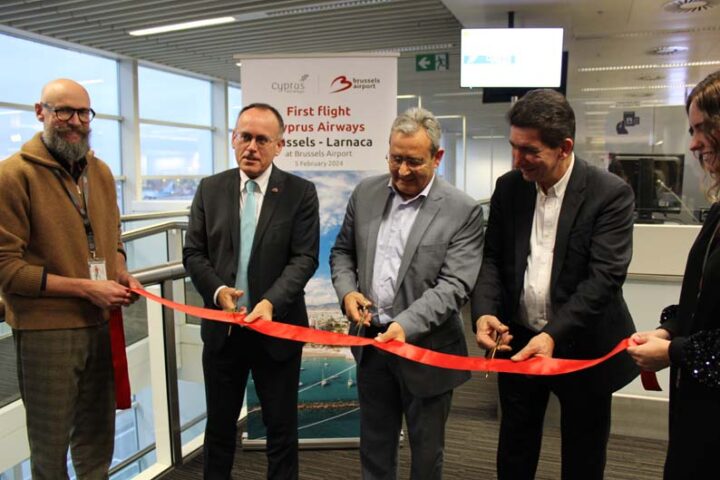Cyprus’ tourism sector is experiencing chronic worker shortages, with job vacancies at their highest in recent years, as establishments say they might not be able to open in 2022.
A leading tourism lobby group has warned if corrective measures are not taken, it could take a few years to resolve, damaging the sector and the economic recovery from the coronavirus pandemic.
In comments to the Financial Mirror, General Manager of the Association of Cyprus Tourist Enterprises (STEK), Chrisemily Psilogeni, said hoteliers are alarmed as they need to find staff within the coming two months if they are to open smoothly next year.
“It would not be farfetched to say that many tourism enterprises will not be able to reopen in 2022 when we expect the island’s tourism sector to really take off again,” said Psilogeni.
She said the hotel industry has thousands of vacancies, with STEK members reporting they lack 6,000 employees.
The Cyprus Hotel Association (CHA) members say they need around 7,000 extra staff to operate properly.
STEK’s General Manager said hoteliers are asking the government to permit businesses active in tourism to hire third country nationals to fill in the gap.
The recent changes to allow employment of asylum seekers does not seem to have solved the labour resource problem.
“The decree allows hotels to hire workers such as cleaners, kitchen helpers and similar posts but does not allow us to hire client-facing staff.
“Furthermore, they do not appear all that willing to take jobs at hotels,” said Psilogeni.
She argued that as things stand, the problem can only be addressed by bringing in trained staff from third countries.
Psilogeni said that authorities are looking into whether businesses across the board could be allowed to cover their staffing needs up to a certain percentage.
“In any case, we need a solution to the problem now, as it will take businesses up to four months to get new staff up to speed with health protocols and business code of conduct.”
Unions claim hotels have not held their end of the collective agreements, driving away both Cypriot and EU employees.
She argued that employees were not drawn away from the industry due to working conditions, adding that not all hoteliers agreed to collective agreements, as they are not obligatory.
“What all hoteliers do stick to is to offer a minimum wage of €1,100, which is one of the highest starting salaries across the board.”
Psilogeni said that hoteliers will respect the rights of third country employees and that hiring them is the only quick fix to the problem.
“We need to step up our game. We are getting feedback from partners and tourists that we are not quite where we should be for our services.
“All stakeholders involved want to see the island on the map as a true value for money destination.
“A more responsive education system would allow students to develop a set of skills aligned with labour market needs in the short and long term.”










